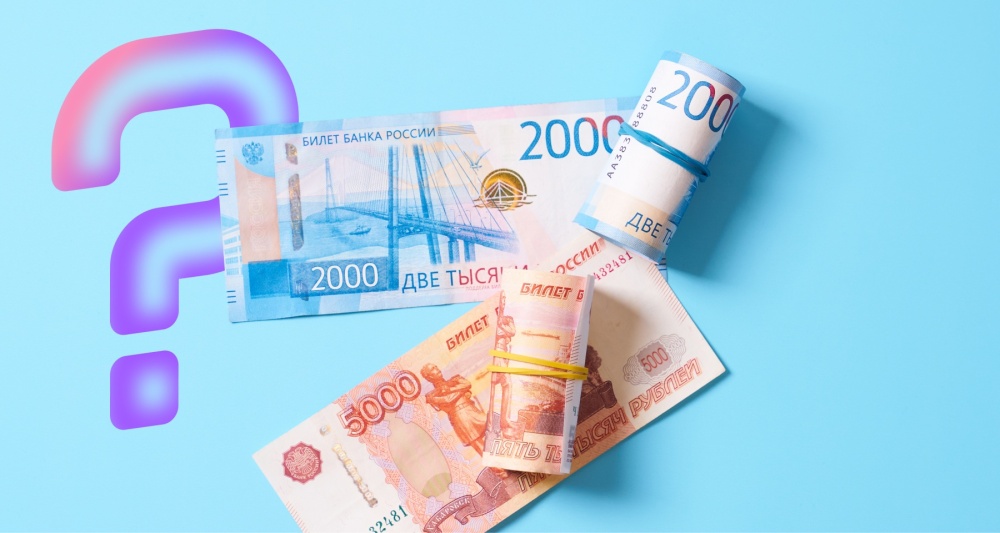International rating agency Fitch Ratings has lowered its long-term foreign currency and local currency Issuer Default Rating (IDR) on Russia-based Alfa-Bank from BBB- to BB+, affirming the negative outlook for the rating, the rating agency reported last Friday.
The lender's short-term foreign currency IDR was cut from F3 to B, while its long-term national scale rating was affirmed at AA+(rus), with a stable outlook, BFSR was reduced from bbb- to bb+, the support rating was affirmed at 4, as was the bank's long-term support rating at B.
The long-term foreign currency IDR on ABH Financial Ltd., Alfa-Bank's holding company, was cut from BB+ to BB, with a negative outlook, and the short-term foreign currency IDR was affirmed at B.
The downgrade of Alfa-Bank's rating reflects deteriorating operating conditions in Russia. Fitch finds advisable to keep the one-notch difference between the bank's rating and the sovereign rating of the Russian Federation (which was cut from BBB to BBB- in early January). Setting the negative outlook for the bank's rating, the agency proceeds from the assumption that the economic recession, the higher cost of lending, ruble devaluation, an inflation pickup and higher loan losses will likely put pressure on Alfa-Bank's credit profile in 2015.
Fitch reiterates that it expects Russian GDP to fall 4% in 2015.
At the same time, Alfa-Bank's rating is the highest among all Russian private banks, which reflects its good management, experience in preserving business during previous crises and strong financial showings, the agency noted in a press release.
In addition, Fitch lowered Sberbank's BFSR from bbb to bbb-, and that of Gazprombank from bb to bb-, and also affirmed Rosselkhozbank's BFSR at b-. The agency reiterated that IDRs of these banks were downgraded earlier, on January 16.
Apart from this Sberbank's long-term local currency IDR was cut to BBB- from BBB, with a negative outlook, while its short-term local currency IDR was affirmed at F3, and the lending institution's long-term local currency was affirmed at AAA(rus), with a stable outlook.
The long-term local currency IDR on Sberbank Leasing, a subsidiary of Sberbank, was also reduced from BBB to BBB-, with a negative outlook, and its long-term national scale rating was affirmed at AAA(rus), with a stable outlook.
Fitch noted that it does not find admissible to keep Sberbank's rating at a notch higher than the country's sovereign rating. At the same time, Sberbank's BFSR takes into account its dominant positions on the market, the stable base of deposits, strong financial showings compared to the market as a whole and good liquidity positions. Analysts point out that Sberbank holds adequate capitalization, but its contracted after the revaluation of currency assets.
The downgrade of Gazprombank's BFSR reflects its lower capitalization (which is characterized by the agency as moderate). This, as Fitch thinks, makes the lender more vulnerable in case of deterioration in quite a voluminous segment of high-risk loans or as a result of an overall decline in the asset quality due to deteriorating operating environment. The bank's current BFSR takes into account moderate profitability from operation and the high portion of non-core assets, but also takes into consideration Gazprombank's strong market positions, much lower, as a whole, credit risks (as it largely lends big and strong Russian corporate borrowers and provides asset-backed loans in the retail lending sector), comfortable liquidity and access to the capital market as part of the recently announced government measures.
As for Rosselkhozbank's affirmed BFSR of b-, the rating, as Fitch estimates, reflects, first and foremost, the lending institution's poor asset quality, its moderate capitalization, modest financial showings and strong dependence on wholesale funding.
Fitch also affirmed last Friday its ratings on six Russian banks with foreign capital. Namely, BFSRs of Raiffeisenbank, Citibank and UniCredit Bank were affirmed at bbb-, while those of Rosbank, Rusfinance Bank and DeltaCredit at bb+.
All six banks had their foreign currency and local currency IDRs (Citibank's long-term foreign currency IDR) affirmed at BBB-, with a negative outlook, as were short-term foreign currency IDRs (UniCredit Bank's short-term foreign currency and local currency IDRs) at F3, and national scale long-term ratings at AAA(rus), with a stable outlook, and the support ratings at 2.
Fitch believes that strong financial indicators, stable liquidity positions, generally high quality of Russian borrowers and low or controllable refinancing risks determine substantial resistance of these banks to complicating operating conditions. However, the slackening of the Russian economy, considerable ruble devaluation and higher cost of funding have put pressure on the ratings.









